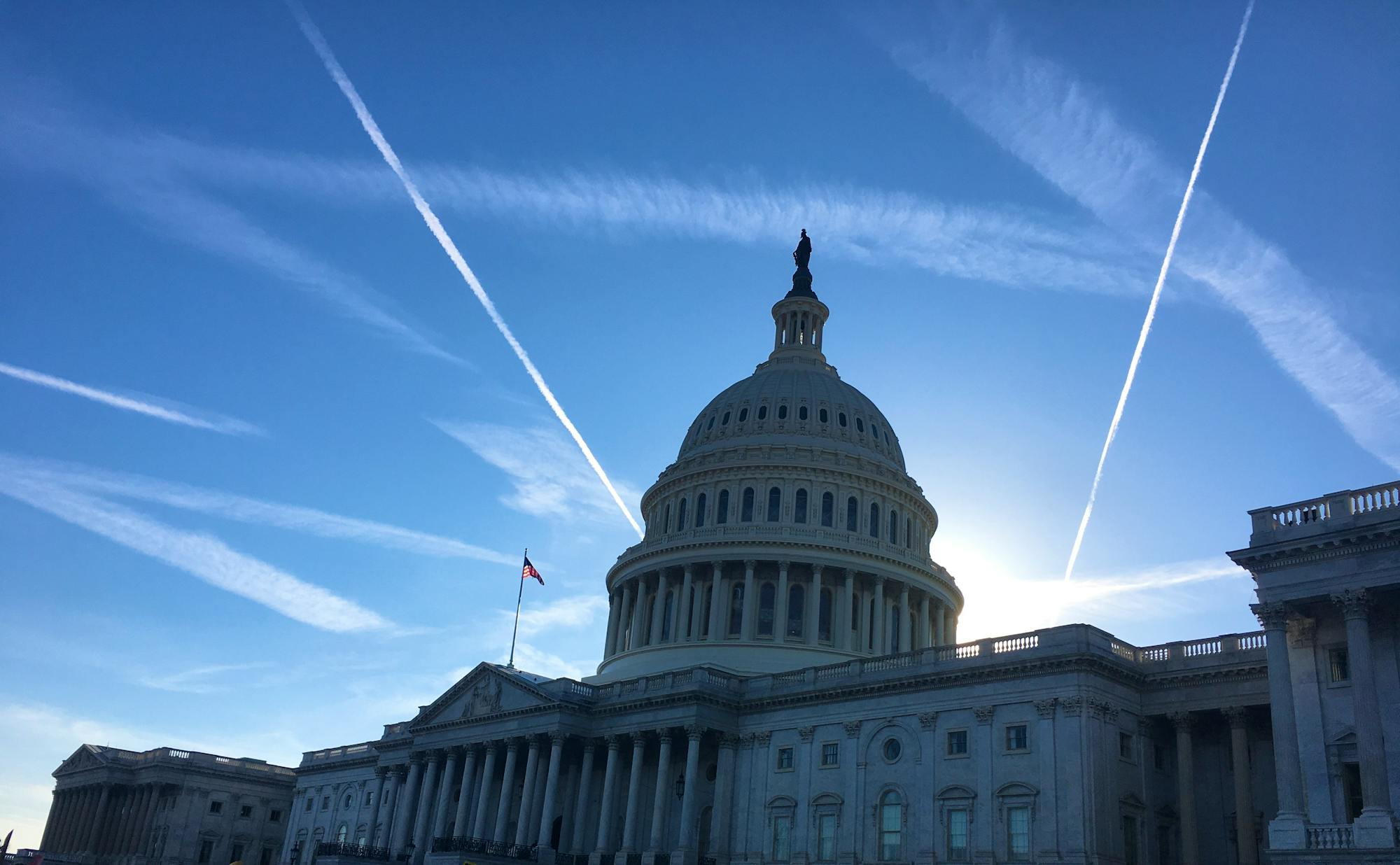After months of negotiations, congressional conferees released the Agriculture and Nutrition Act of 2018 today. Commonly known as the Farm Bill, this legislation is essential for setting American agricultural and food policy and has major implications for wildlife and our environment.
Former Defenders of Wildlife President and CEO, Jamie Rappaport Clark, issued the following statement:
“With the rejection of controversial forestry provisions and the toxic ‘Poisoned Pollinators Provision,’ Congress has denied the extreme anti-environmental agenda proposed in the partisan House legislation. Defenders is grateful that these damaging provisions have been dropped from the final Farm Bill.
“The reckless Poisoned Pollinators Provision would have given the pesticides industry a free pass to poison pollinators and hundreds of endangered and threatened species with potentially dangerous chemicals. The extreme logging provisions would have run roughshod over our environmental laws and severely set back science-based collaborative efforts to protect and restore our national forests and make communities more fire-resilient. We are pleased to see Congress reject these cynical and divisive policies. We especially appreciate the dedicated leadership of Senator Debbie Stabenow (D-MI), the Ranking Member of the Senate Agriculture Committee, in ensuring these damaging provisions were removed.
“The conferenced bill released today continues Farm Bill conservation programs that are essential for preserving and restoring wildlife habitat on private lands nationwide. The legislation prioritizes conservation of species of concern in restoration agreements and easements, provides new support for habitat connectivity on grasslands, and new opportunities for landowners to mitigate and address the effects of climate change. Legislators also instructed federal managers to offer conservation easements for riparian wetlands in the Southwest.
“Unfortunately, the Farm Bill also missed opportunities to advance conservation of wildlife and their habitat. Legislators declined to specifically authorize use of funds for non-lethal wildlife coexistence practices and failed to require more robust monitoring and assessment of conservation investments. The legislation allows for harmful levels of haying and grazing on conservation lands, putting wildlife at risk, especially ground-nesting prairie grouse.
“Defenders of Wildlife will continue to push Congress and the Trump administration to ensure that wildlife and their habitat are protected on both private and public lands across the country.”
For over 75 years, Defenders of Wildlife has remained dedicated to protecting all native animals and plants in their natural communities. With a nationwide network of nearly 2.1 million members and supporters, Defenders of Wildlife is a leading advocate for innovative solutions to safeguard our wildlife for generations to come. To learn more, please visit https://defenders.org/newsroom or follow us on X @Defenders.
Media Contact
News

Colorado Announces No Wolf Release This Winter

